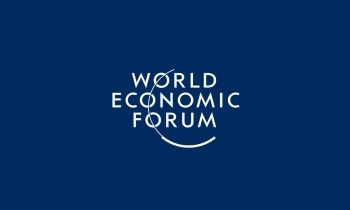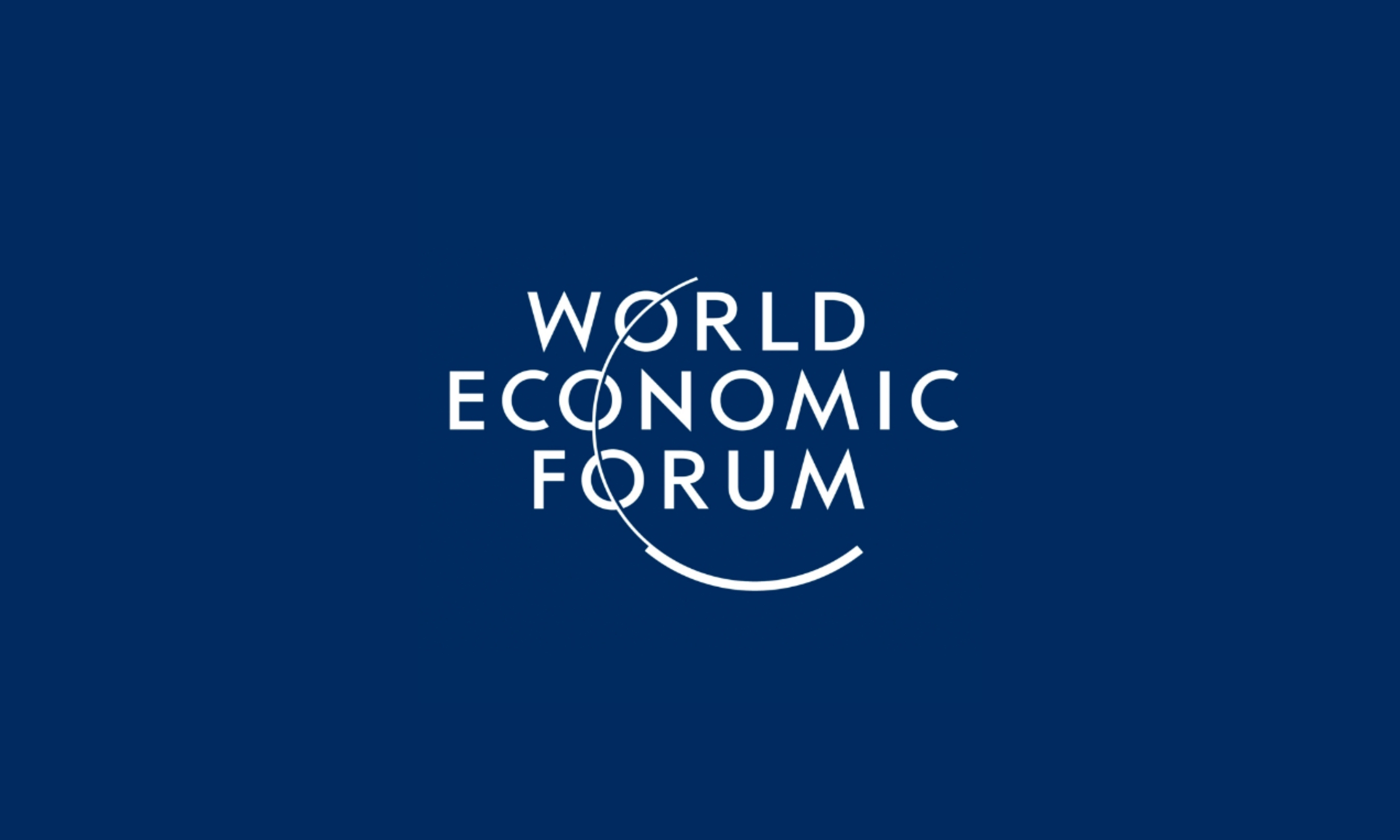
.jpg) Dr. M. D. Thomas
Dr. M. D. Thomas

Oxfam International, the Rights Group, presented its Annual Inequality Report at the World Economic Forum in Davos, Switzerland, on 17 January 2023. The theme of the Forum was ‘Cooperation in a fragmented world’.
The India Supplement of the report reads, ‘India’s richest 1% owns more than 40 % of the total wealth and the bottom 50 % of the population has just 3 %’. On the other hand, 64 % of the GST came from the bottom 50 % of the population and only 3 % from the top 10 %.
The report, titled ‘Survival of the Richest’, suggested that if the billionaires of India are charged once 2 % of their entire wealth, it would collect some Rs 40,423 crores, which could take care of the malnourished of the country for the coming three years.
The report further recommended taxing the 10 richest billionaires of India a one-time 5 % of their wealth, which amounts to Rs 1.37 lakh crores. This amount can bring more than enough money to get the children who left the school due to want of money back to school.
Furthermore, a one-off tax on unrealized gains from 2017-2021 on just one billionaire, Gautam Adani, could have raised Rs 1.79 lakh crore. This amount would be sufficient for employing more than five million primary school teachers for a year.
Highlighting the inequality between genders, the report said that female workers earn only 63 paise for every one rupee a male worker earns. Besides, women and girls make up nearly 60 % of the hungry population of the world and they eat least and last.
Besides, people of the scheduled castes earn roughly 55 % of what the advantaged social groups earn and the rural workers earn only half of the urban earnings. Obviously, inequality at this level is even starker and unrealistic.
The qualitative and quantitative report presented by Oxfam is grounded in reliable sources, like Forbes, Credit Suisse, NSS, Union Budget documents, parliamentary questions, and the like. Those sources give an authentic picture of the reality, manifestly so.
Even during the pandemic times, billionaires in India have seen their wealth step up by Rs 3608 crores per day, i.e., an increase of 121 %. The number of billionaires in India increased from 102 to 166 in 2022, as well. The combined wealth of 100 richest is Rs 54.12 lakh crores, which is equal to the Union budget of India for roughly 18 months.
The poor of the country pay relatively higher taxes and spend more on essential things services. All the same, the marginalized of the country continue to suffer, because ‘survival of the richest’ is the norm that rules the world, unfortunately so.
The current decade seems to be best for billionaires, who outdo even their wildest dreams. On the other hand, we are witnessing the biggest increase in inequality and poverty on the global level since World War II.
When is it going to be ensured that workers in formal and informal sectors are paid basic minimum wages, which can sustain a living with dignity? When are the multi-millionaires and billionaires of the world coming forward to lift two billion people out of poverty by paying a tax of 5 %?
Progressive measures, like wealth tax and inheritance tax, have to be implemented. Taxing the super-rich has to be a compulsory measure, all over. Such measures are inevitable for strengthening democracy as well as reducing inequality.
Furthermore, taking a closer look at the abject poverty and inequality of our country, some 20 % of the people in India are homeless and they live on pavements, roadsides, railway platforms, staircases, temples, streets, in pipes, under flyovers, and other open spaces.
The slum-dwellers of the world amount to some 15 %, that is to say, over one billion people, which is more than the population of Australia. The percentage goes up to some 20 %, as far as India is concerned. In either case, the enlarged size of the slums is a proof of the brokenness of the human society, especially in India.
Over and above, millions and millions of people in India are taken to begging, genuine or fake. Fake people among beggars refer to the lawlessness of the country as well as inefficiency of the administration, which has to be sternly treated. Genuine cases require being rehabilitated, as well.
In line with the theme of the World Economic Forum, the economic scenario of the country, along with that of the world, is a clear proof of terrible social fragmentation. This tragic state of affairs has to be responded to by the spirit of cooperation, good will and commitment from all responsible quarters.
It is high time the multi-millionaires and billionaires realized that they have no right to enjoy all the money they have amassed, even by right means. The poor of the country has a right to a major share of the riches of the moneyed, because much of the earning is done at the cost of the poor.
When is the Prime Minister of India, also Prime Ministers and Presidents of the countries concerned for that matter, going to tell the billionaires to home the homeless of India and beyond? When is India going to be a dignified country with all citizens having a house each of their own? This calls for the super-rich taking up humanitarian projects as well as regularly paying their taxes.
Ethics, along with a sense of humanity, demands that good governance be in place, in the entire world in general and in India in particular, in view of equitable levying of taxes, just distribution of resources and rightful means of dignified survival for one and all. The appalling economic graph requires being addressed at the grass root level.
(The author is Director of Institute of Harmony and Peace Studies, New Delhi. He can be contacted at: ‘mdthomas53@gmail.com’)